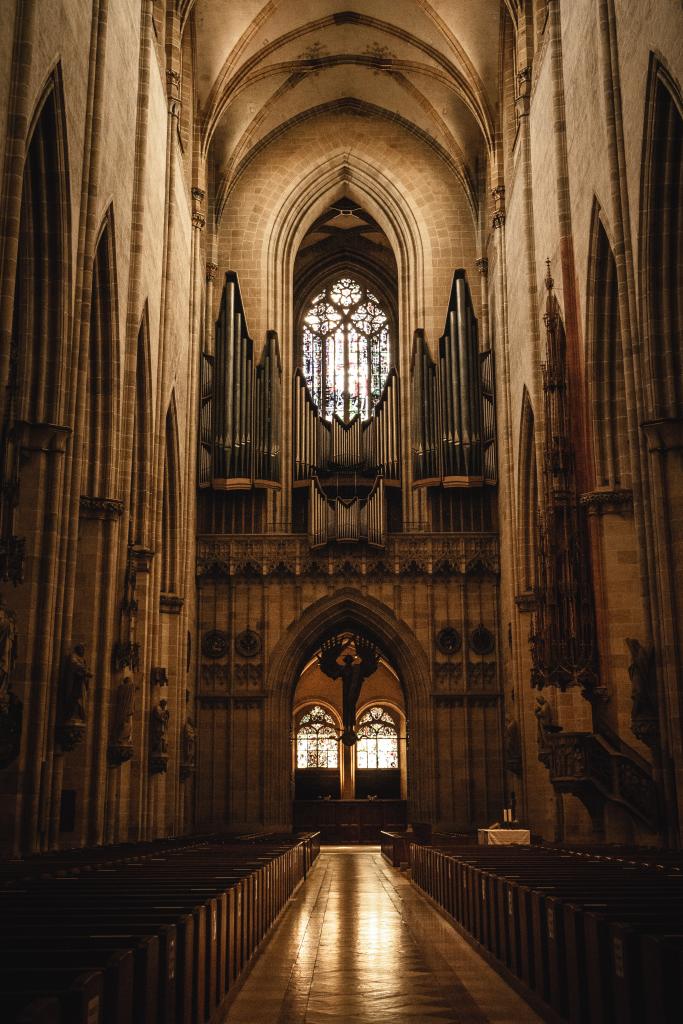There is a school of thought out there – an attitude – a disposition – that says to the church, “Prove to me that you have what I need.” “Convince me to come.” “Persuade me to be involved.” “Meet my needs.”
In some ways it should be no surprise. Our consumer culture is a strong voice and its vocabulary changes everything it touches. Targeting major life passages, there are “industries” or “economic sectors” organized around almost everything that we do: weddings, funerals – the list is endless.
Covid-19 may have demonstrated just how deeply this way of thinking has invaded the church. The Pandemic offered a socially acceptable reason for being absent. And after a year or more many have slipped away, ghosting their own churches, even as they ramp up their involvement in other activities.
In the early nineties there were researchers who argued that it would take a dramatic event to bring those who had a fragile attachment to their faith back to church. It maybe that Covid-19 was that dramatic event, but what it did was give the consumer-minded Christian a way to slip away completely.
The same researchers suggest that there is nothing that the church can do in kind that will entice those people to return. Instead, they recommended that churches be even clearer about their theological commitments.
This should not surprise us. The only urgent, irresistible argument for becoming a Christian and remaining a Christian lies in its theological commitments: a set of specific convictions about God, the nature and purpose of the lives we have been given, its diagnosis of the human condition, and the prescription it offers for healing our relationships with God and with others.
These are the convictions that animate disciples, not consumers.
Disciples – those who have received grace, those who have been forgiven, shown mercy, given a way out – see the church as a beautiful thing and an awesome responsibility. It is the embodied presence of the crucified, resurrected, and glorified Christ. They see it as a sacred privilege, an overwhelming, humbling invitation to be one with and in Christ. An invitation to give the world their eyes, their ears, their arms, their feet, their heart – as members – of the body of Christ.
Disciples do not make demands of the church, treat their involvement as a subscription, or hold the body of Christ hostage. Instead, they ask…
Where are the lost?
Where are those without hope?
Who needs to know that they have been forgiven?
Who needs to experience mercy?
Who searches for a way forward?
As members of the body of Christ, they bind themselves to one another. Giving, sacrificing, showing up, reaching out – that there might be the same, hopeful response to the same questions that they themselves have been given.
Together, they say:
Are you lost? You need not be. There is a way. Christ is the way.
Are you without hope? There is hope. Hope in Christ, whatever the circumstances.
Do you need to know that you have been forgiven? There is nothing that you could have done that denies you that gift. Jesus forgives you.
Do you long for mercy? Come to the Father of the prodigal, the shepherd of the sheep.
Do you search for a way forward? Come to the altar, where meaning, purpose and joy abound.
That is the message that the body of Christ offers. That is the word and work of those who share in the body of Christ. That is the good news that has drawn new friends, new brothers, new sisters, new children into the circle of Christ’s friendship for over two millennia. As in every generation, it will be that news that sustains Christ’s body.













